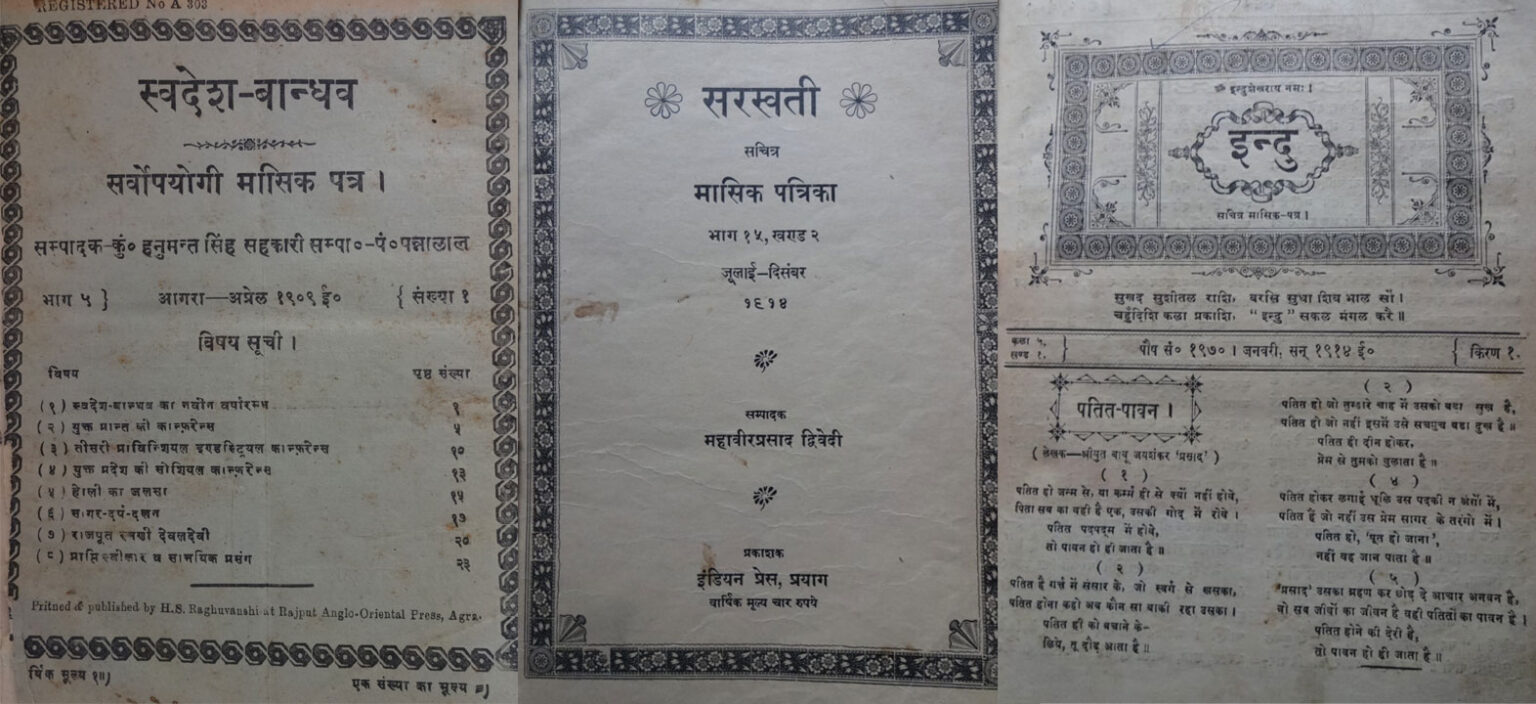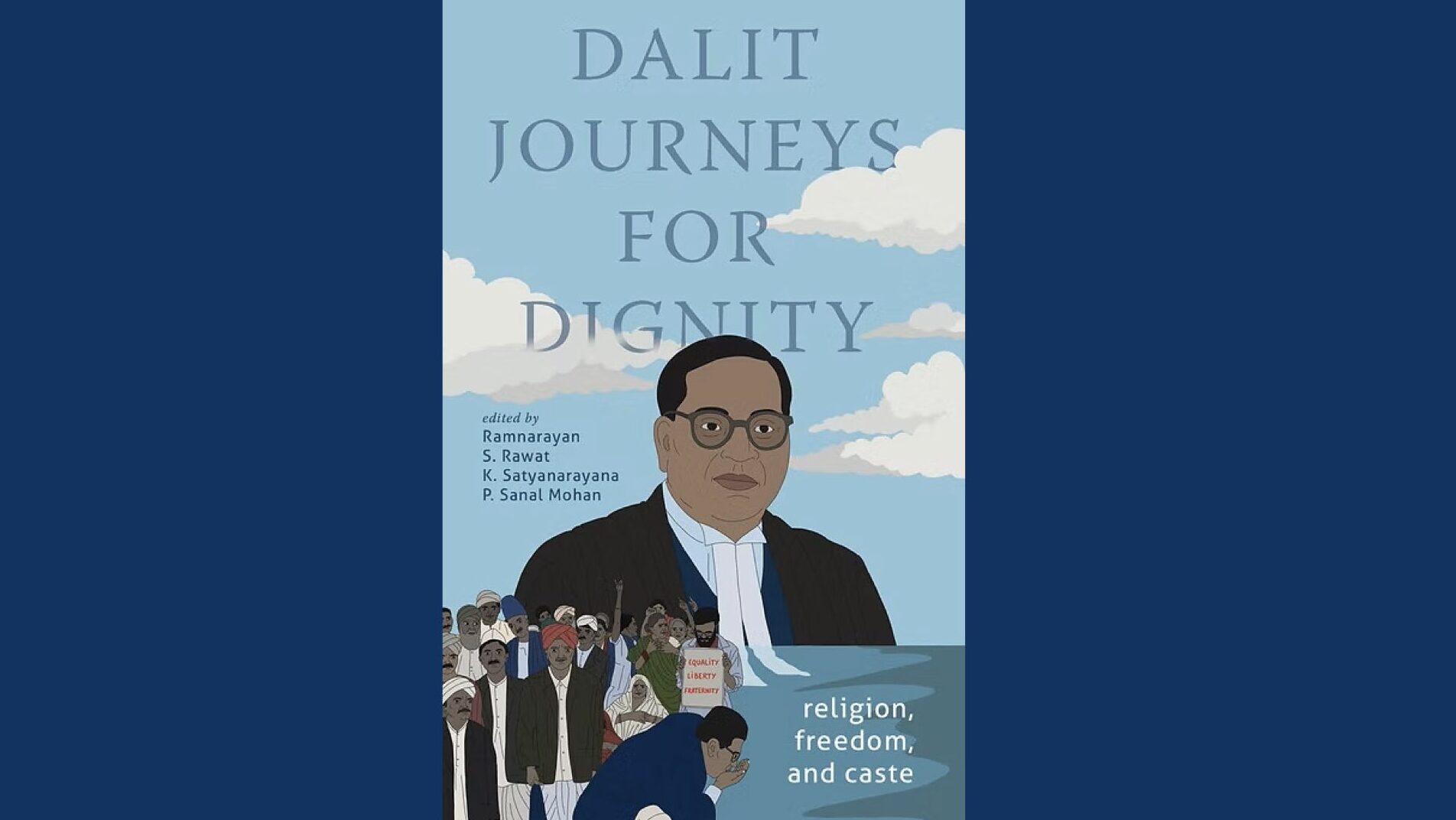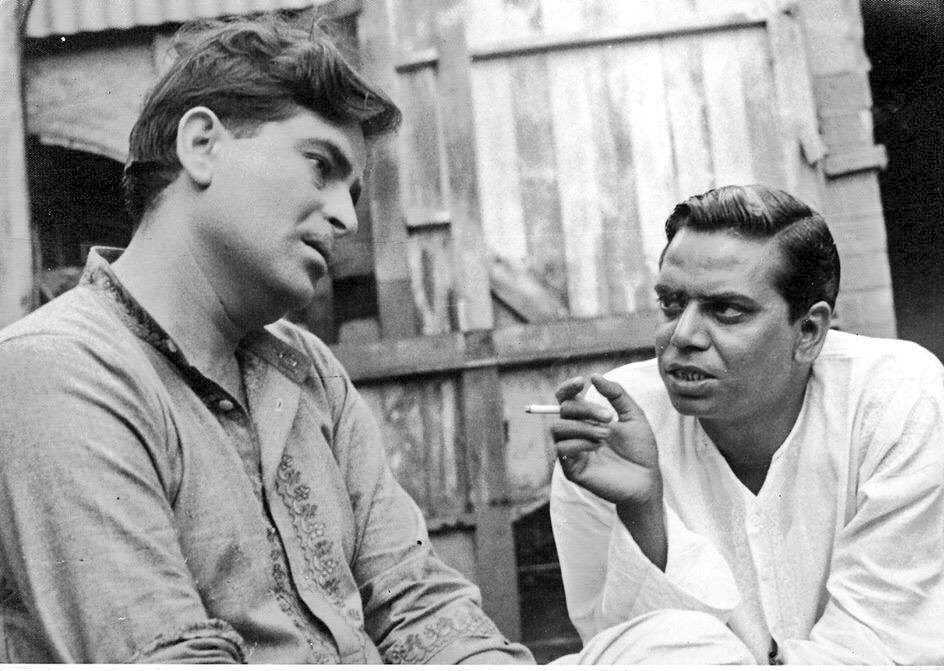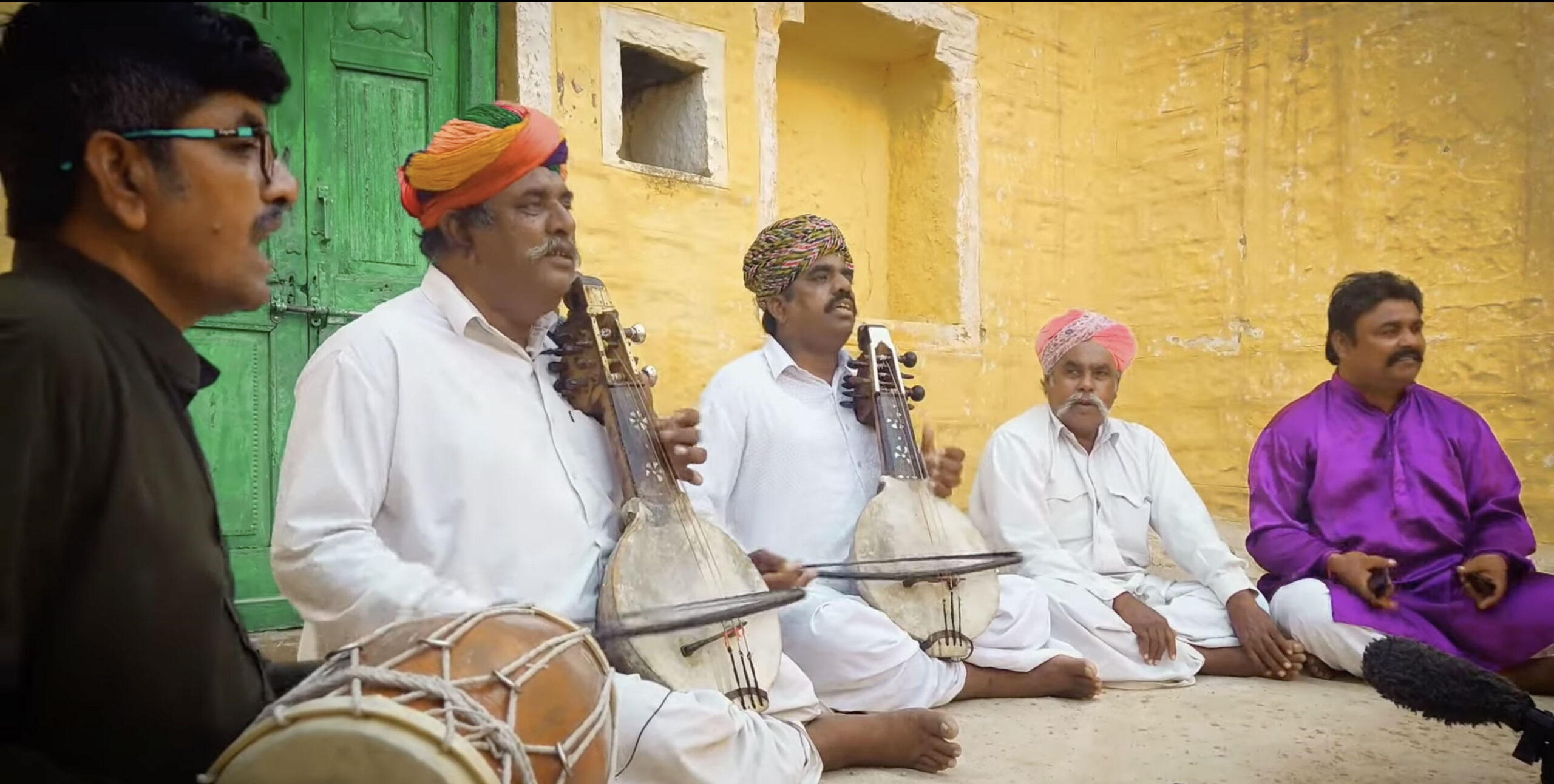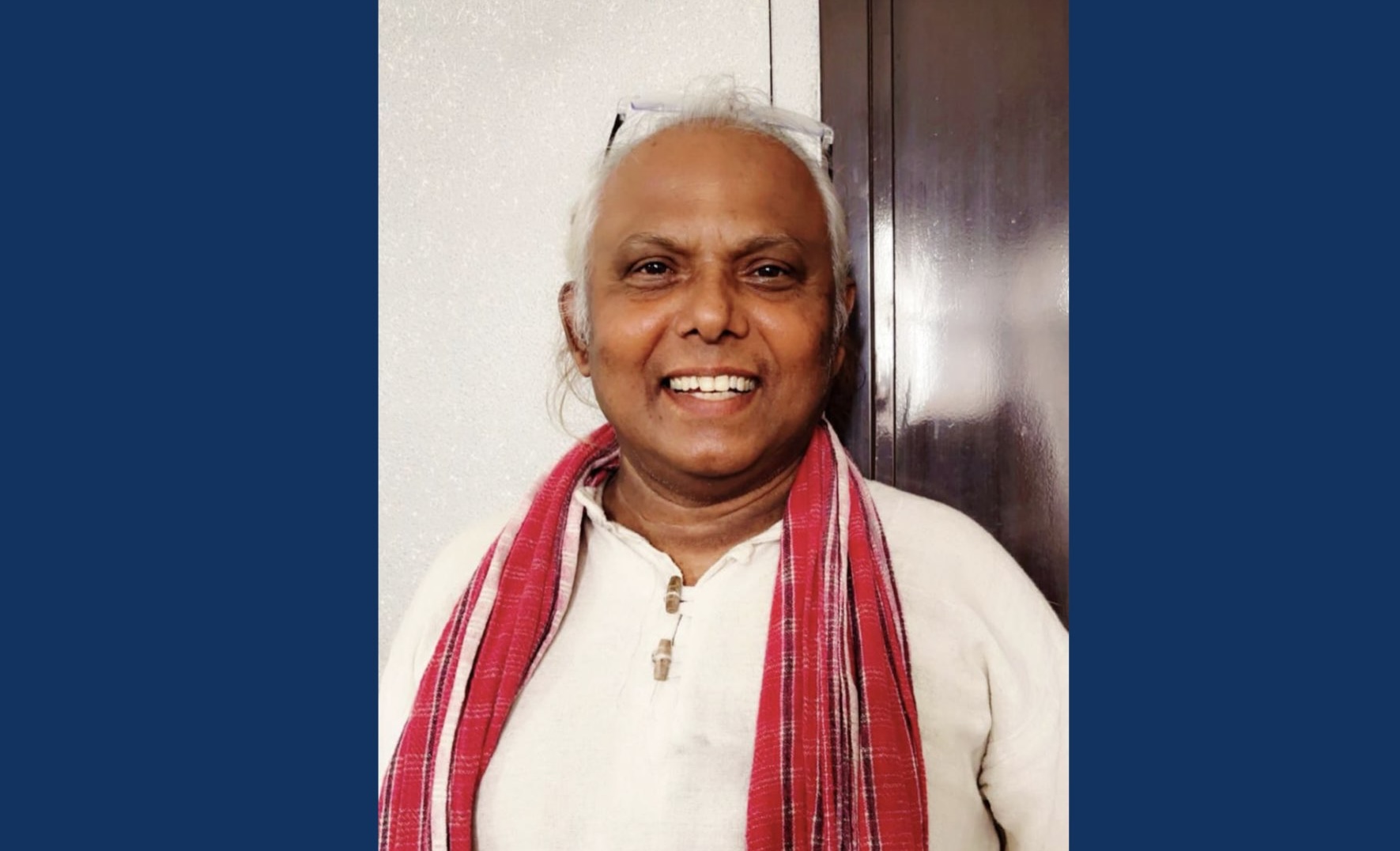The Chebrolu Leela Prasad Rao vs State of Andhra Pradesh case arose from an Andhra Pradesh government order in the year 2000 about recruitment of schoolteachers in the Scheduled Areas of the state. The order reserved all posts of schoolteachers in these areas for the Scheduled Tribes (STs). This reflected the government’s stand that all seats and positions in public institutions of the Scheduled Areas should go to the STs. But there were a lot of competent candidates among the Scheduled Castes (SCs), Other Backward Classes (OBCs) and other sections. The petitioner (Chebrolu Leela Prasad Rao) himself is an OBC. When he was 20 years old, he applied for a teaching post in a Scheduled Area where he lived but was declared ineligible because he wasn’t an ST. Many other bright, deserving, poor SCs, OBCs and other economically weaker sections have also suffered. Among the petitioner’s many contentions was that SCs and OBCs have been living in these tribal areas for ages; they don’t have right to property in the Scheduled Areas but they still live there and eke out a livelihood. In fact, Article 371D of the Constitution entitles them, like the STs, to preference over non-residents in admissions to local educational institutions and in recruitment to local public institutions. Denial of teaching positions in local schools to competent candidates among them is a violation of this Article.
Related Articles
Indian Renaissance’s unease with education of women and Dalits
The author of 'Shiksha Ka Phal' was aware that losing the Shudras from the Hindu fold would not only be distressing for the upper...
Dalit Journeys: Speaking beyond the ‘Subaltern’
The first volume of ‘Dalit Studies’ (2016) established the field, historicizing Dalit politics and thought while probing questions of representation and reservations, feminism, and...
Lyricist Shailendra, whose songs taught the masses to never lose hope
Shailendra preached what he inherited with his Dalit identity and what he imbibed with class consciousness and an ideological commitment to Marxism. Writing more...
Rajasthani musicians: Applause for their music yet to ease the burden of their caste
The Manganiyars and Langas have travelled far beyond their desert villages, taking Rajasthan’s folk music heritage with them. But the heritage does not belong...
Yes, I’m a Bahujan Communist
Bahujan Communist Party founder Himmat Singh says, ‘People often describe Brahmin and Kshatriya as castes. These are not castes, they are varnas. Castes have...

